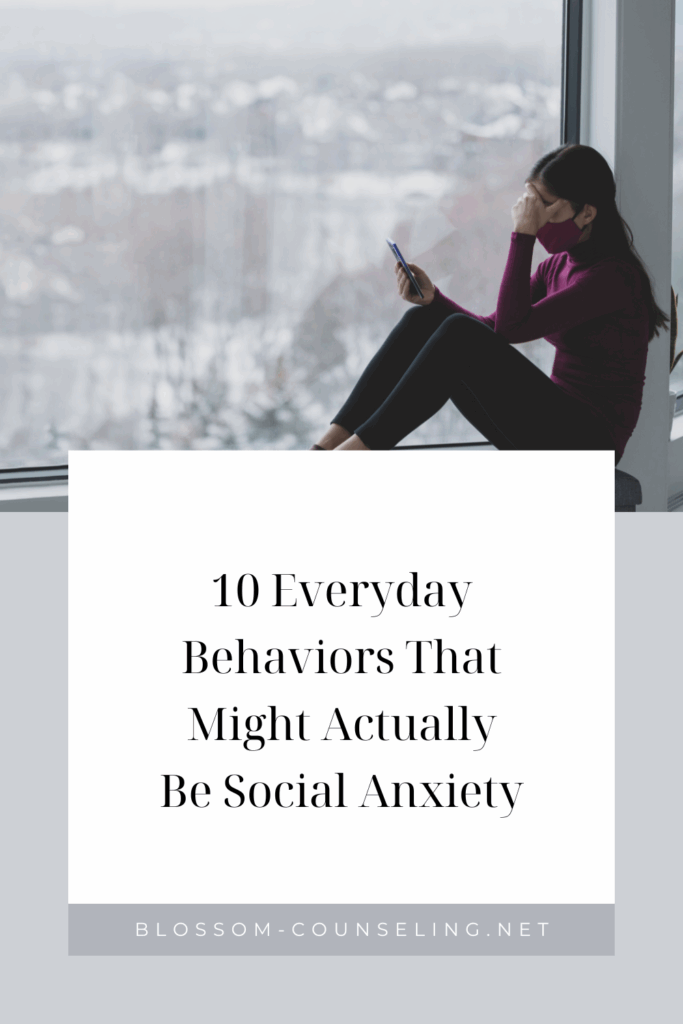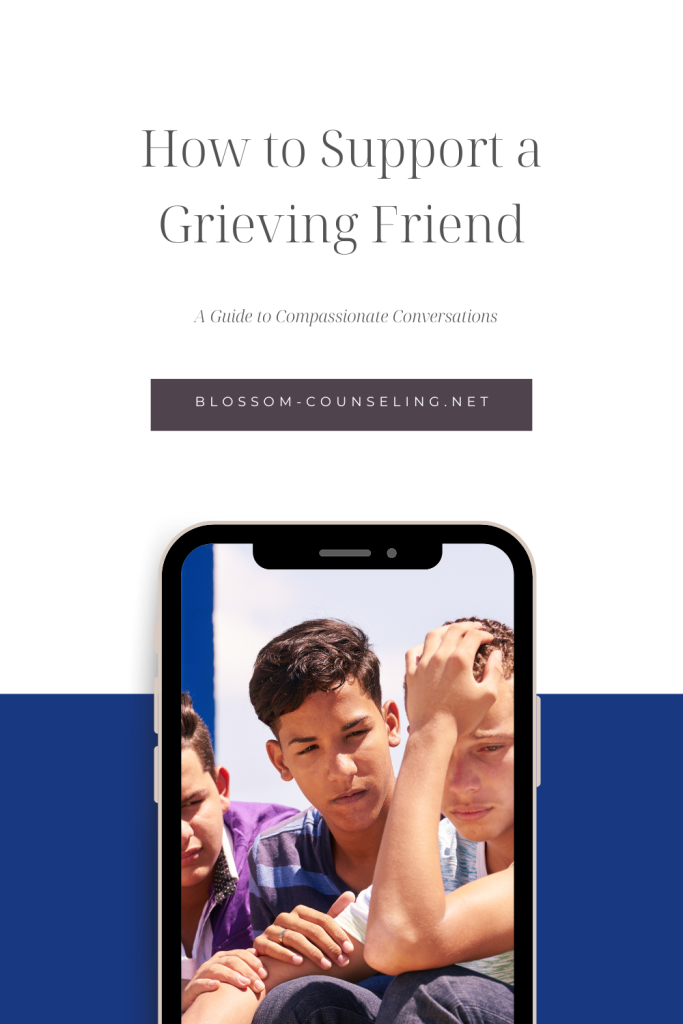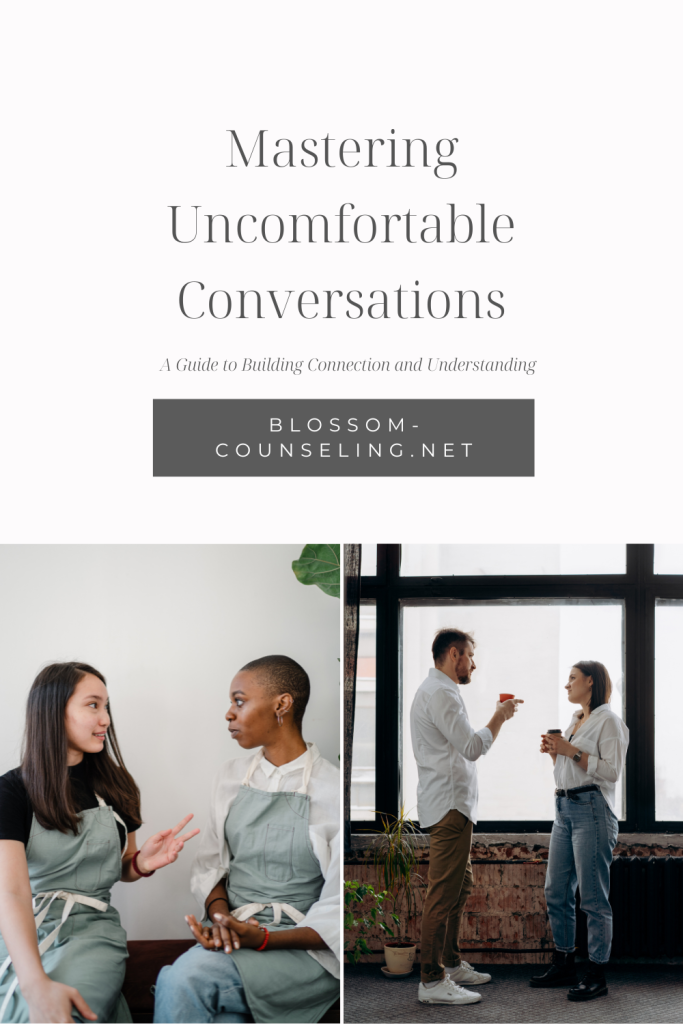
Social anxiety isn’t always loud or obvious. Sometimes, it looks like someone avoiding eye contact, dodging small talk, or obsessing over whether they sounded weird after saying “Have a good one!” at the checkout line. It’s not just about hating parties or public speaking—social anxiety can show up in subtle, everyday ways that are easy to miss or misinterpret, even by the person experiencing it.
If you’ve ever described yourself as “shy,” “awkward,” or “just bad at people-ing,” you might be surprised to learn that some of your habits could be rooted in social anxiety. Here are ten behaviors that often fly under the radar but may point to something deeper going on.
1. Replaying Conversations Over and Over
That quick chat with your coworker from earlier? It’s now playing on loop in your head like a director’s cut you never asked for. People with social anxiety often ruminate about what they said, how they said it, and whether it came off the wrong way—even if nothing actually went wrong.
2. Overthinking Texts (Then Not Sending Them at All)
Crafting the “perfect” response, deleting and rewriting messages, and spiraling over whether to use a period or emoji—this is not just a quirk. It’s a way to control how we’re perceived, driven by a fear of being judged or misunderstood.
3. Avoiding Phone Calls Like They’re the Plague
Screening every call, letting them go to voicemail, and then spending hours building up the courage to call back? Yep, that might be social anxiety. Talking on the phone removes visual cues and adds pressure, which can be especially tough for folks with social fears.
4. Saying “Sorry” When You’re Not Actually Sorry
Apologizing for asking a question, for speaking up, or for literally just existing in a shared space isn’t politeness—it’s self-protection. For someone with social anxiety, saying “sorry” becomes a reflex to smooth over any potential discomfort.
5. Going Overboard with Planning or Prepping for Social Situations
It’s not just about being prepared. If you’re mentally rehearsing every possible response or obsessing over how to act at dinner with friends, that’s often social anxiety in disguise—trying to control the unknown to avoid feeling embarrassed.
6. Avoiding Eye Contact (or Holding It Too Long)
Too much eye contact feels intense. Too little feels rude. For someone with social anxiety, there’s often no “safe” amount—it becomes a game of mental gymnastics trying to guess what’s “normal” and worrying about getting it wrong.
7. Constantly Needing Reassurance
Asking “Was that okay?” or “Did I sound weird?” on repeat isn’t always about low self-esteem. It can be a way to seek safety—trying to ease the anxiety by making sure others didn’t judge you harshly (even if they didn’t notice anything at all).
8. Avoiding Eating or Drinking in Front of Others
What if you spill something? What if people judge your chewing? These thoughts can seem extreme to someone without social anxiety, but for those with it, eating in front of others can feel like performing under a microscope.
9. Leaving Events Early—or Not Going at All
Canceling last minute, showing up late, hanging out near the exit, or dipping out early are all strategies that help someone with social anxiety feel less exposed. It’s not about being antisocial—it’s about managing internal overwhelm.
10. Being Super “Nice” All the Time (Even When You Don’t Want To Be)
People with social anxiety often people-please to avoid conflict or disapproval. This can look like agreeing with things you don’t actually believe, not asserting your needs, or trying extra hard to be likable—even when it’s exhausting.
What makes social anxiety tricky is how good it is at blending in. It’s often misread as being introverted, overly polite, or even aloof. But underneath, there’s a lot of inner tension, self-monitoring, and fear of judgment driving the behavior.
Understanding that these subtle signs might stem from anxiety—not just personality quirks—can be the first step toward compassion and change. You’re not “too sensitive” or “weird.” You’re navigating the world with a brain that’s trying a little too hard to keep you safe. And that’s something we can work with.
Our team of compassionate therapists is here to help you find the support you need. We believe in a holistic approach, treating your mind, body, and spirit. With a blend of traditional and alternative therapies, we tailor your experience to meet your unique needs. At Blossom, we create a non-judgmental space where you can be your authentic self. Our goal is to empower you, amplify your strengths, and help you create lasting change. Together, we’ll navigate life’s challenges and help you bloom, grow, blossom! You deserve to become the best version of you.




